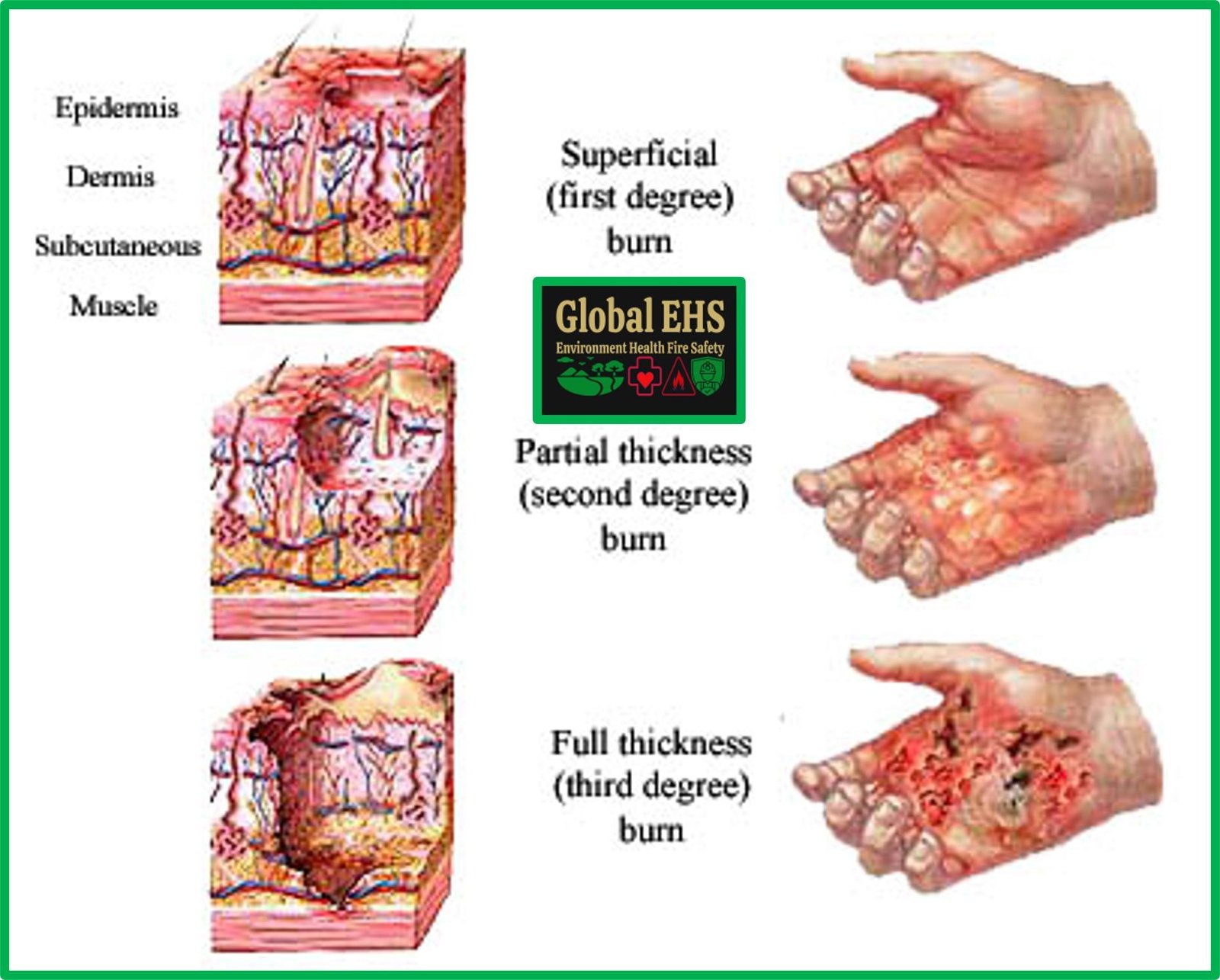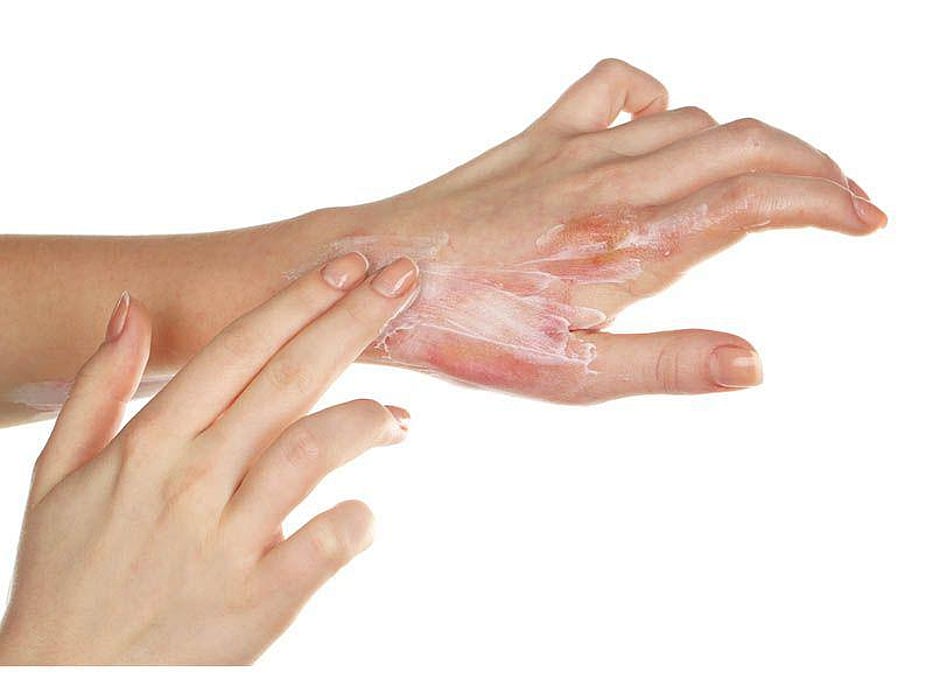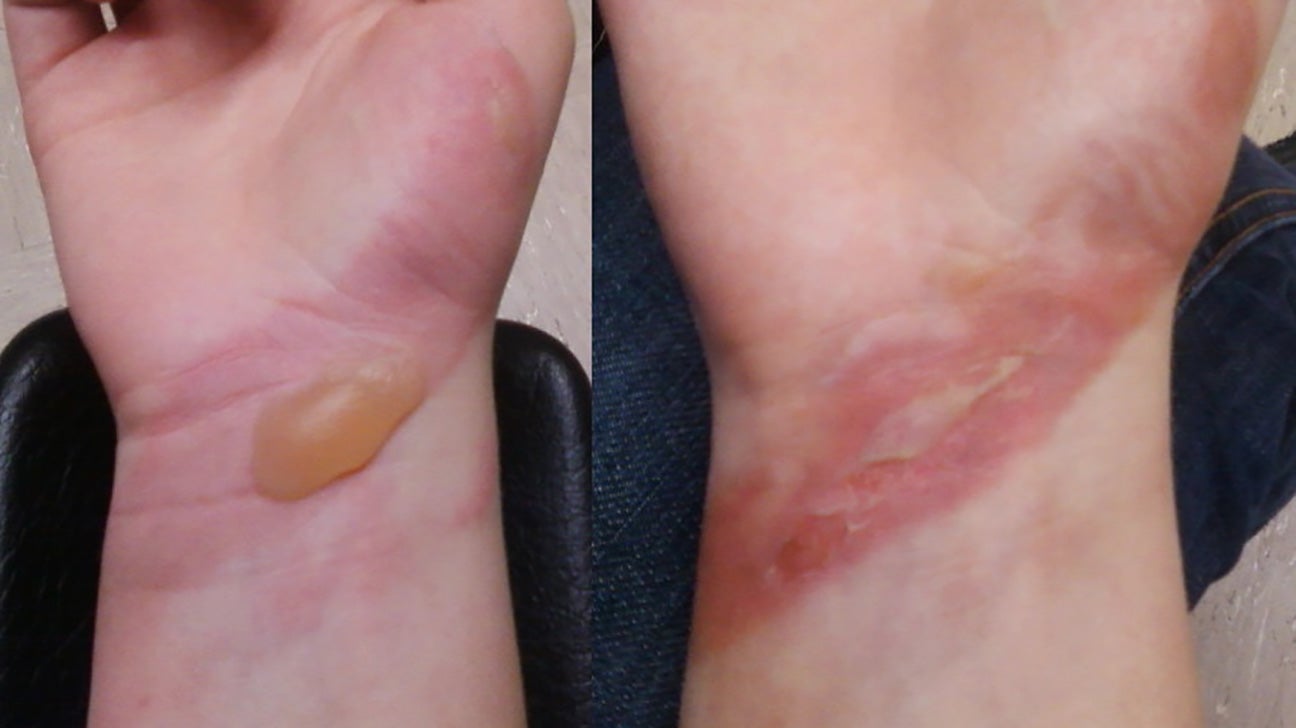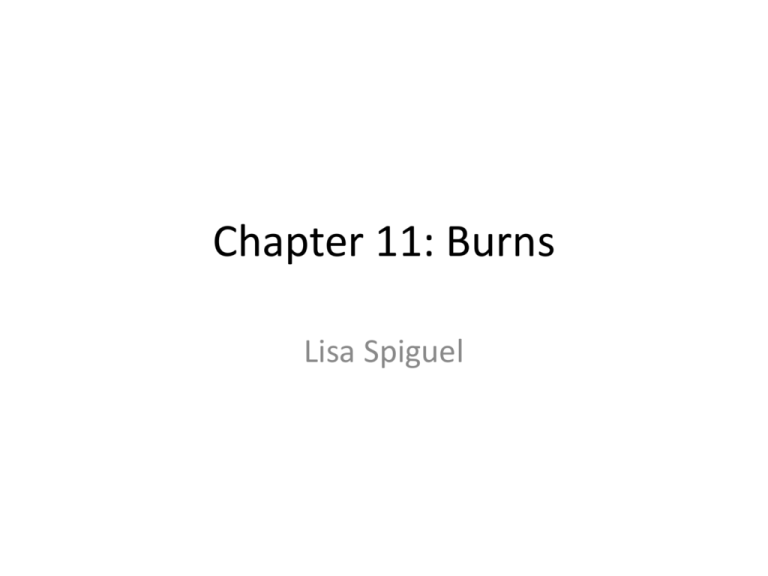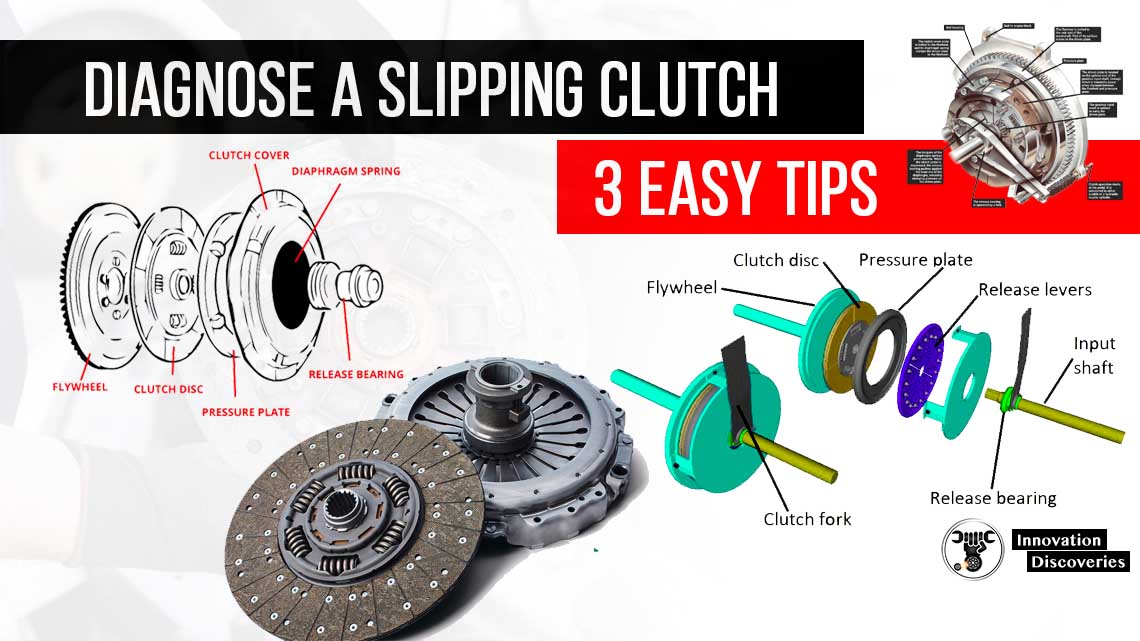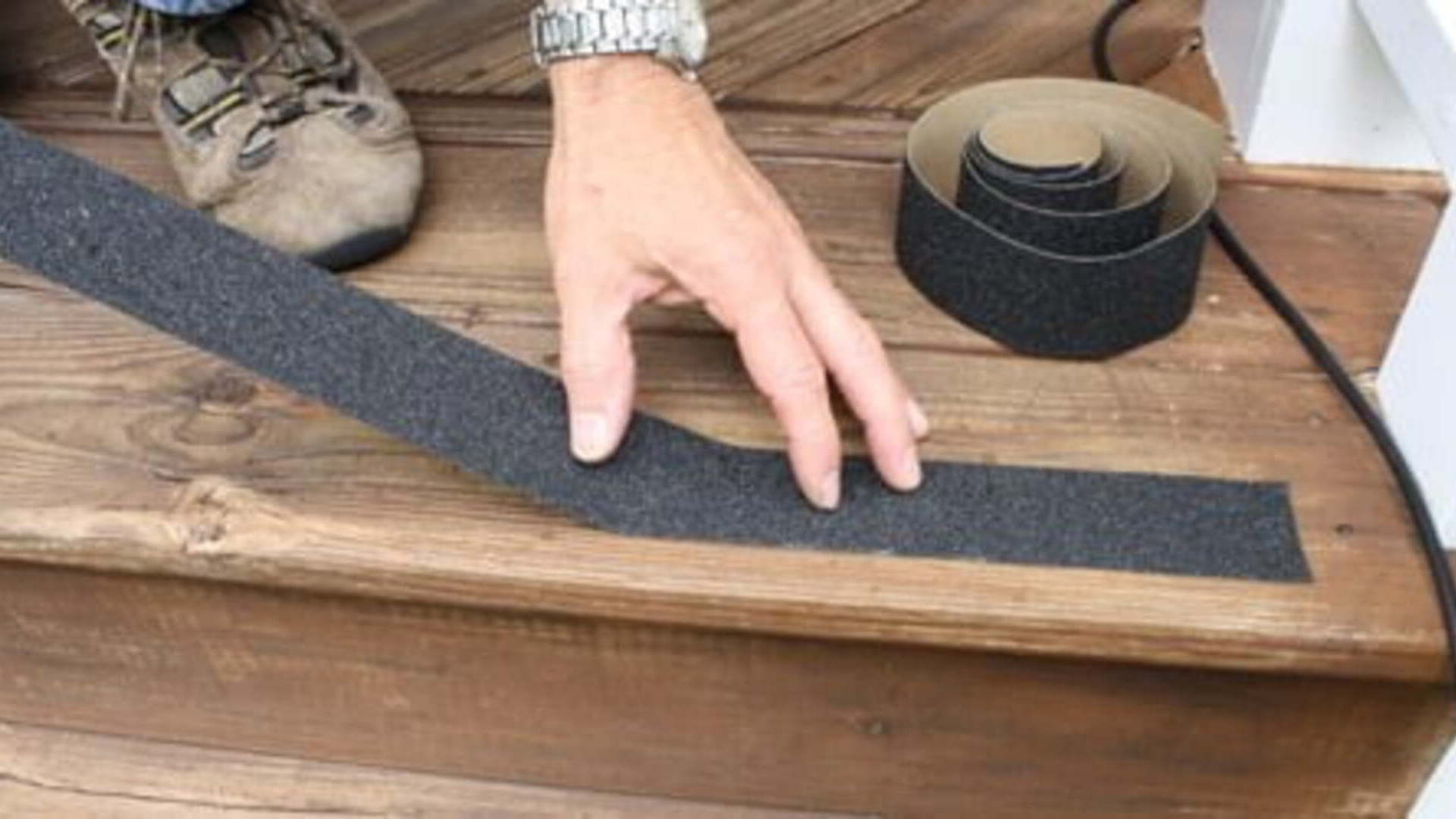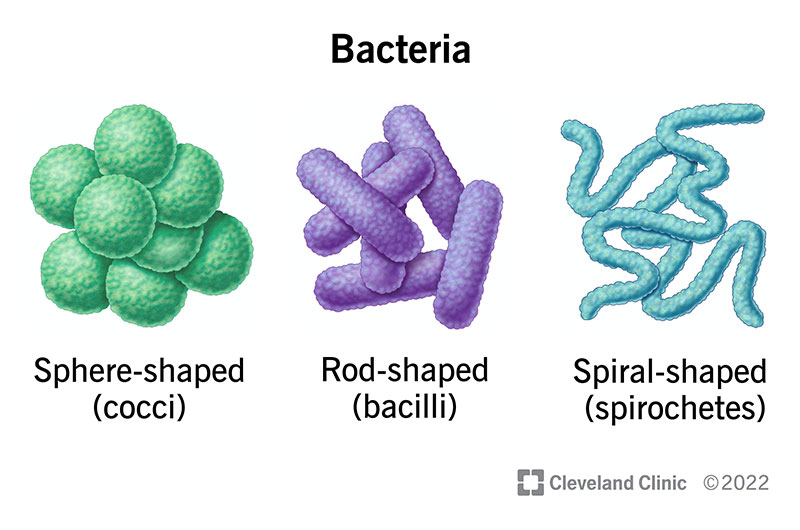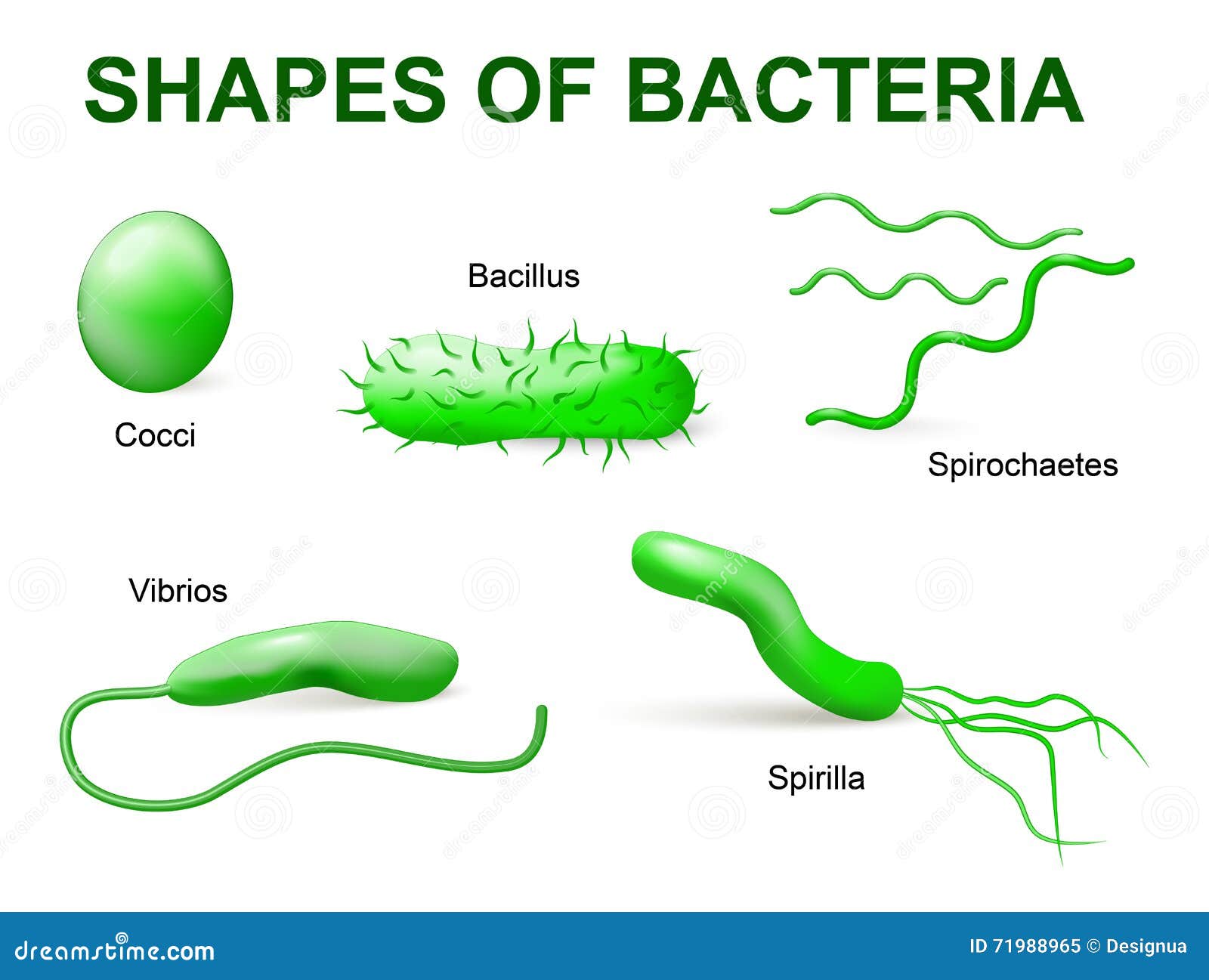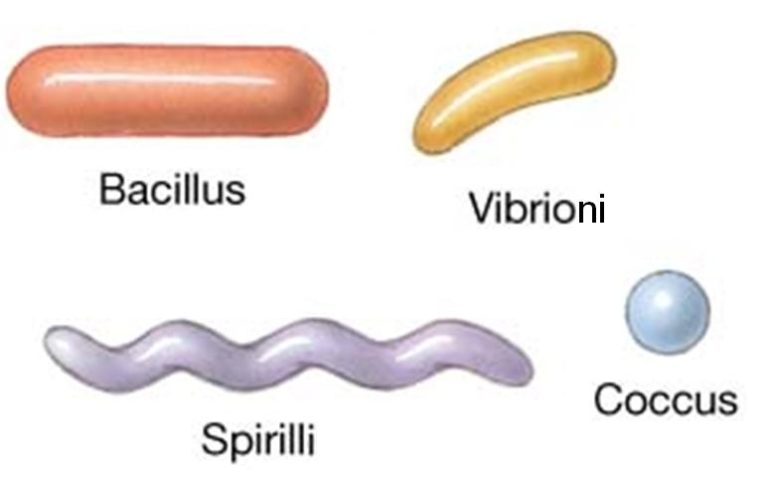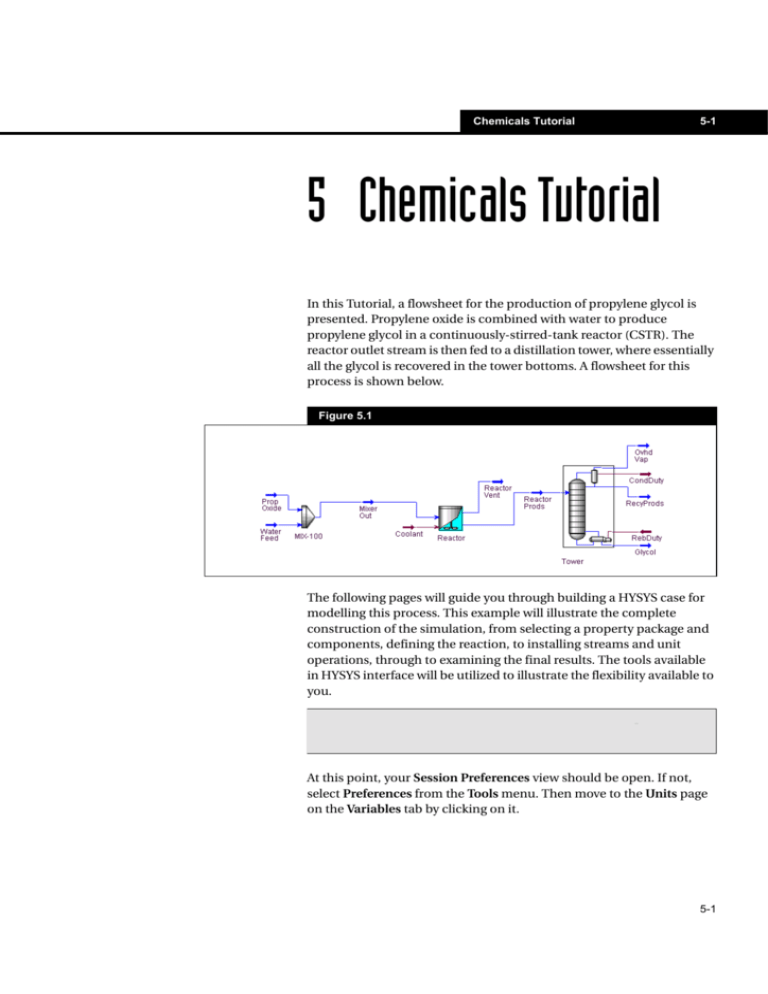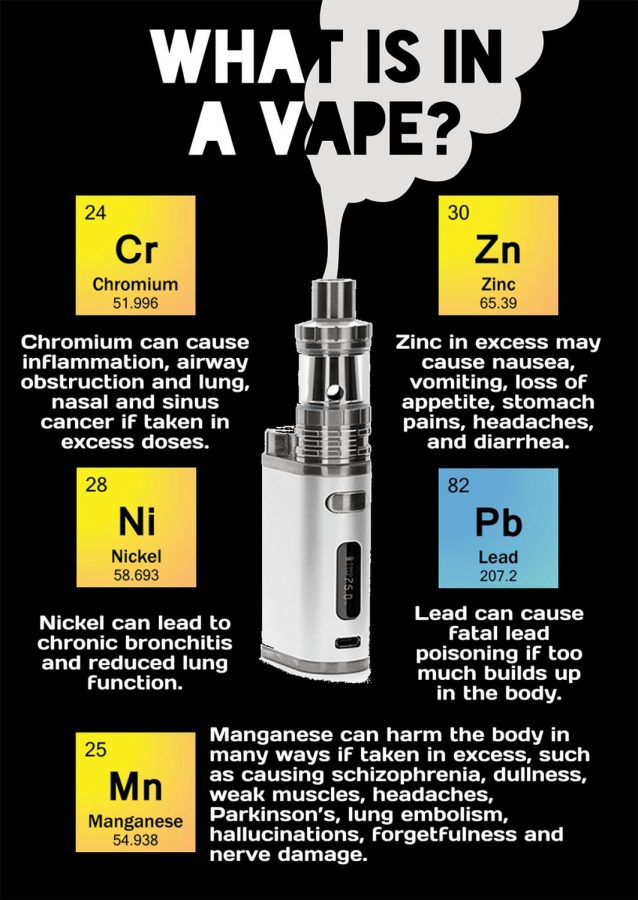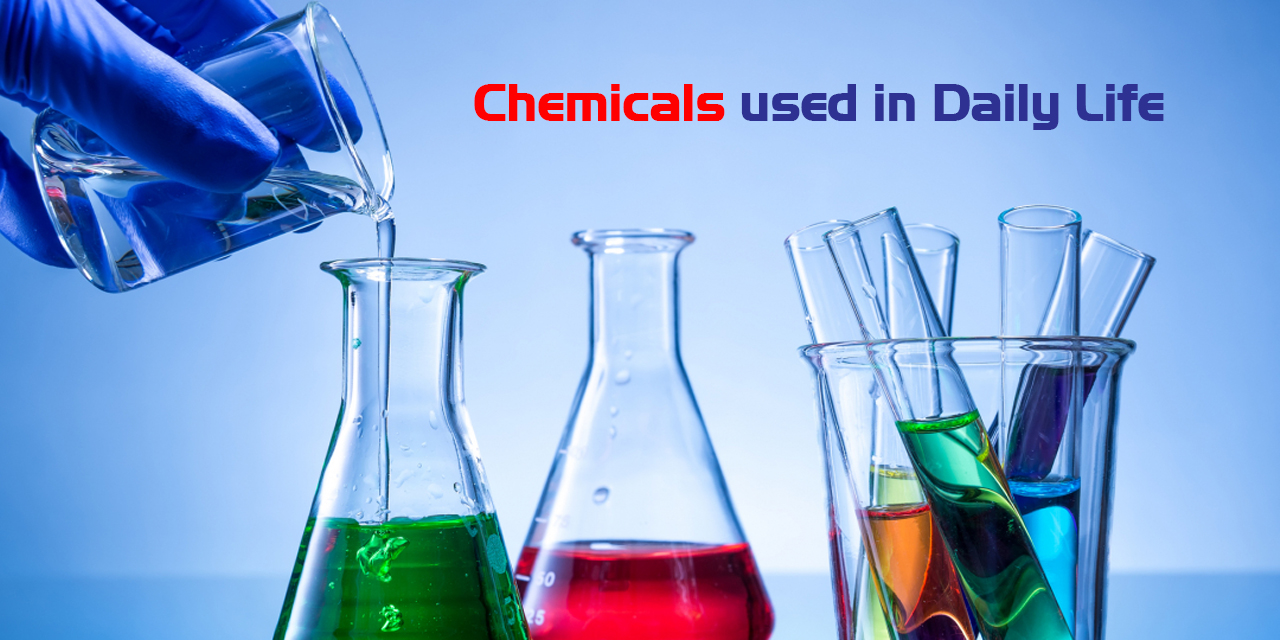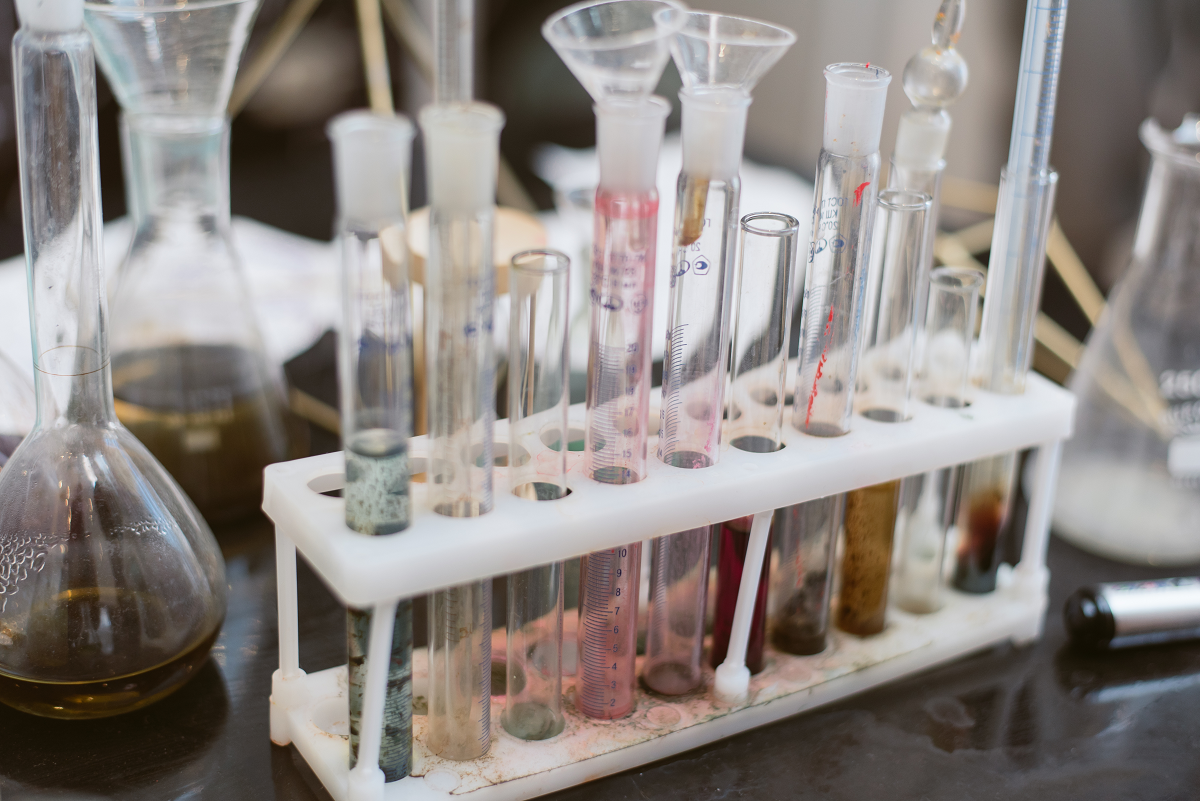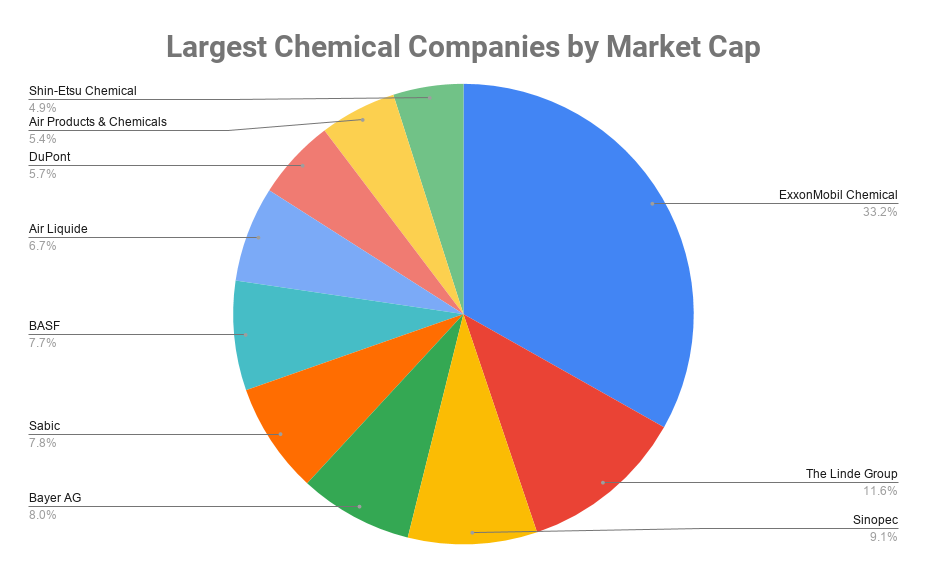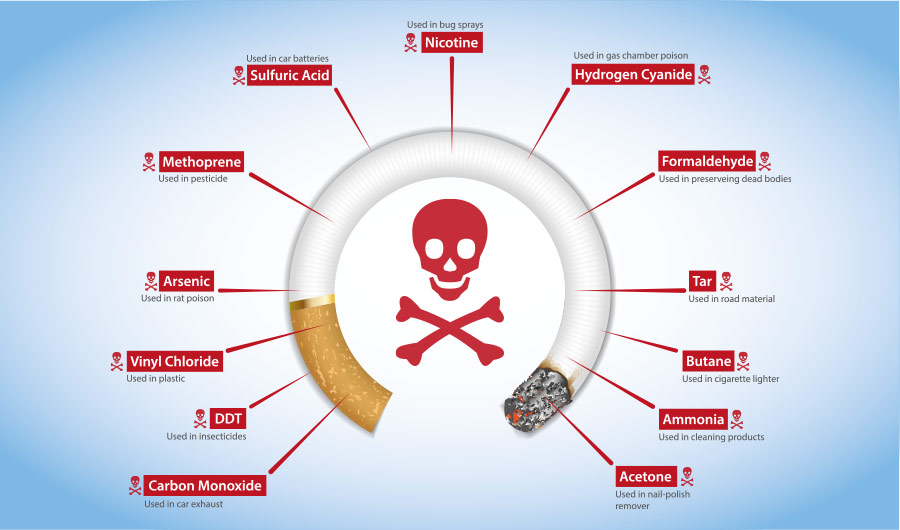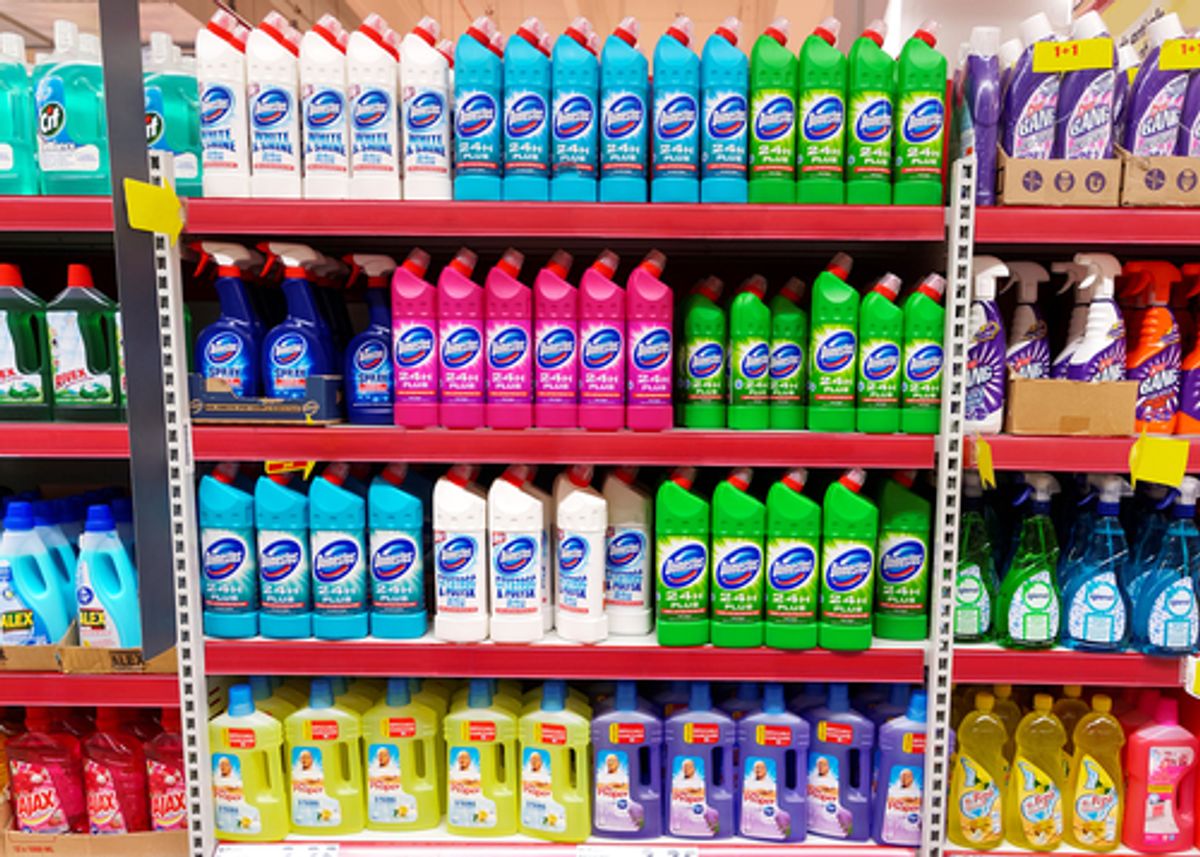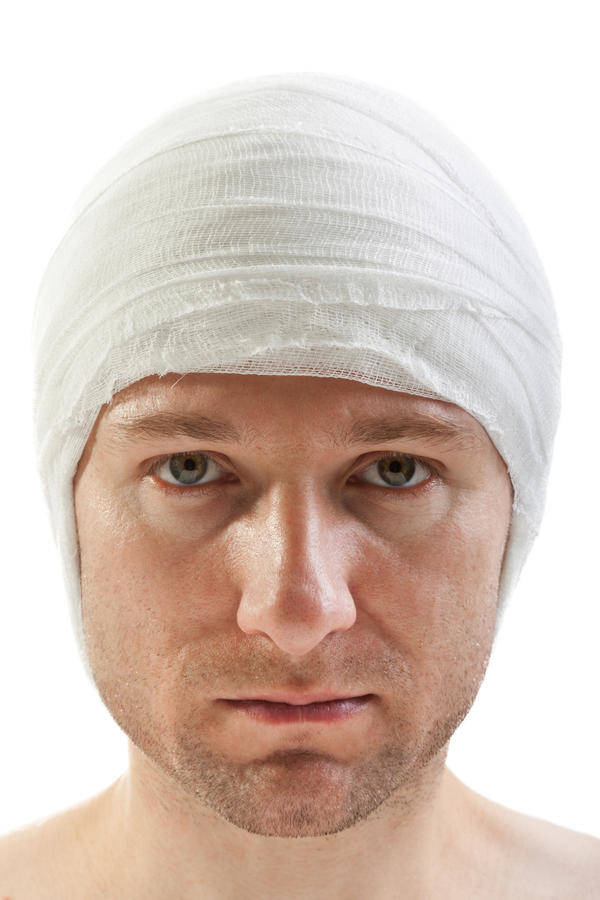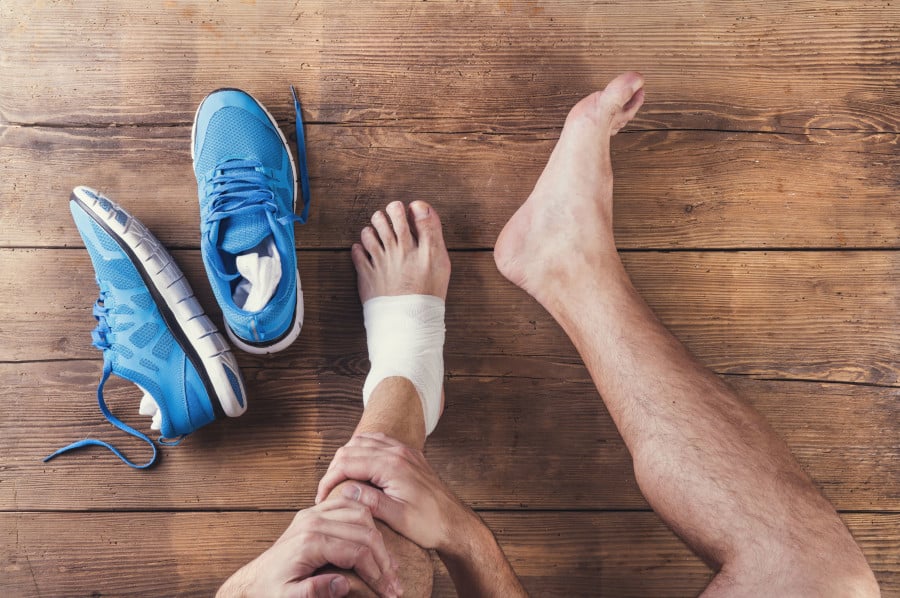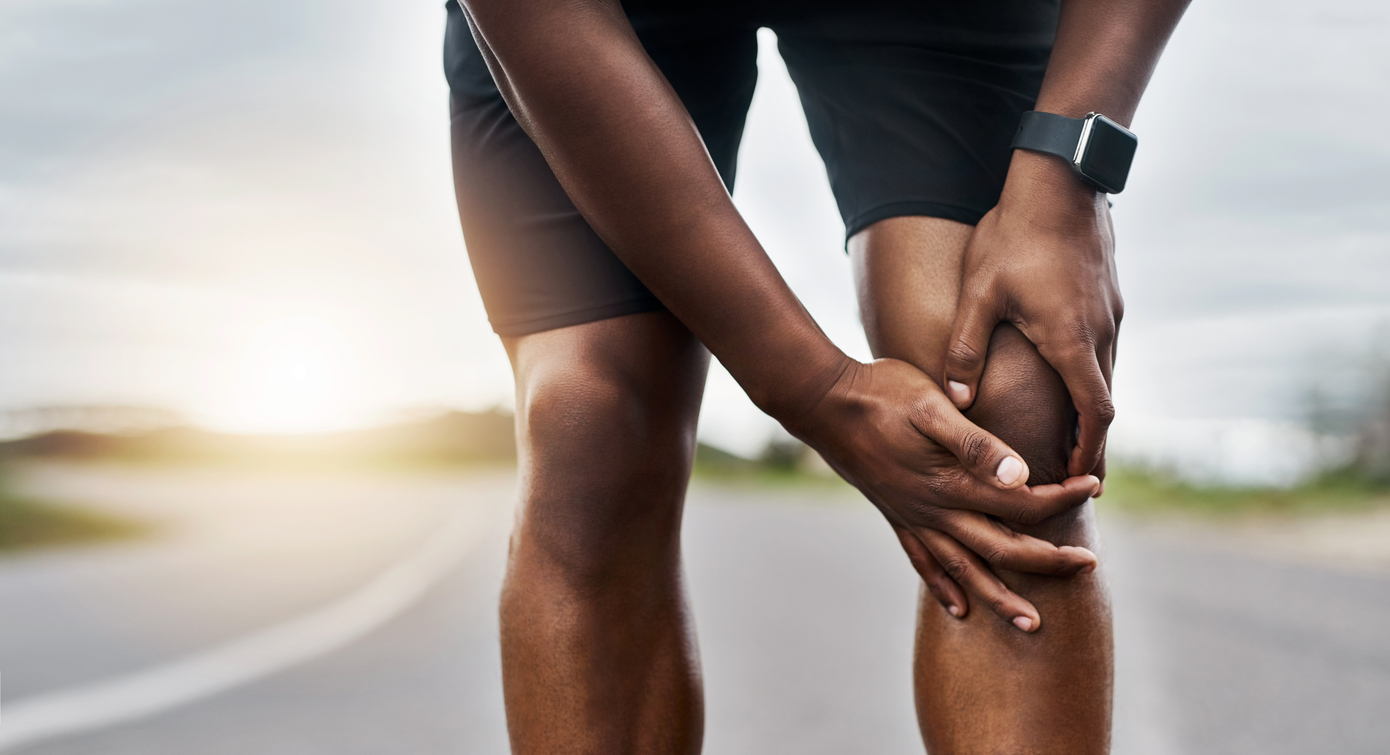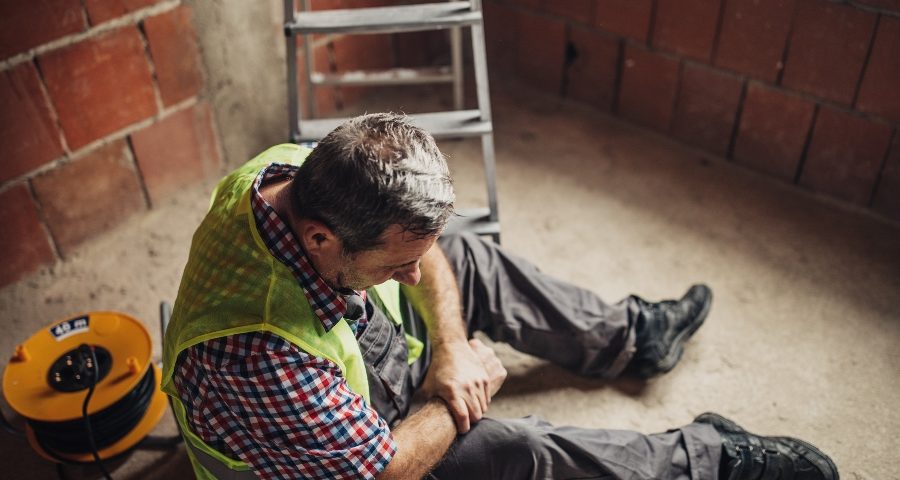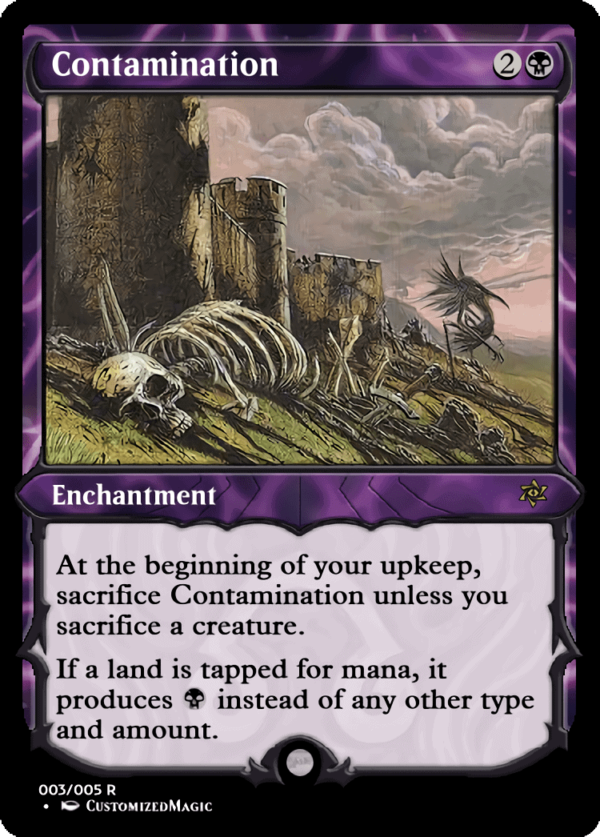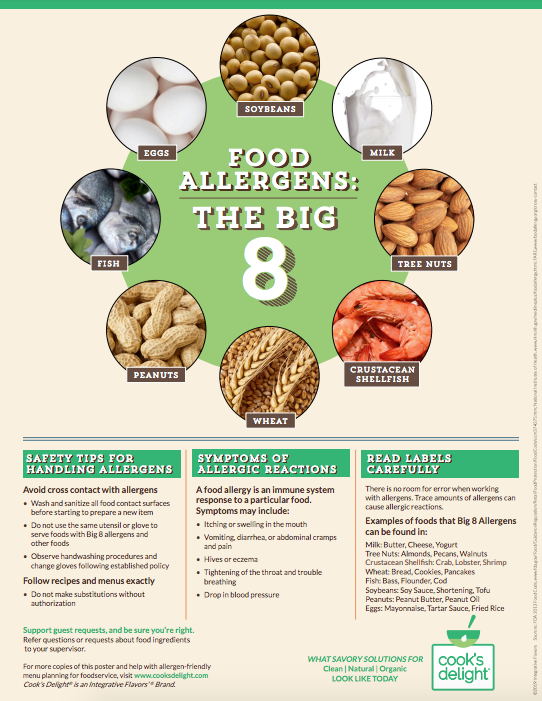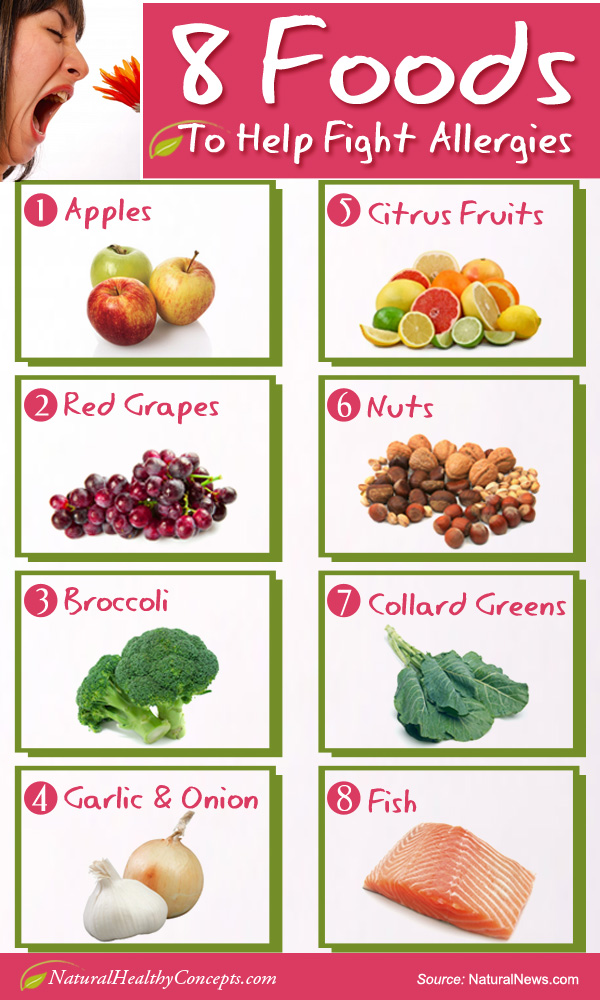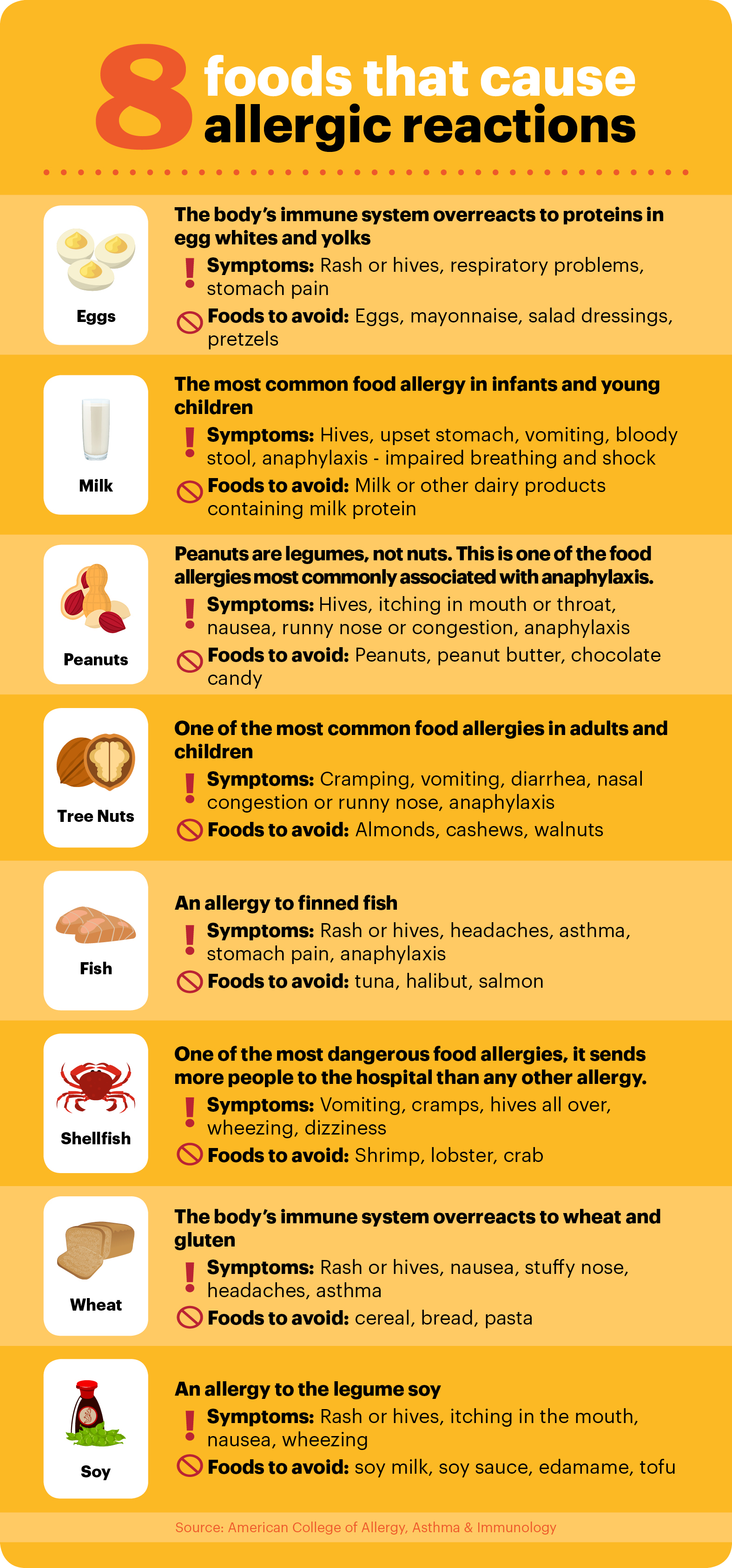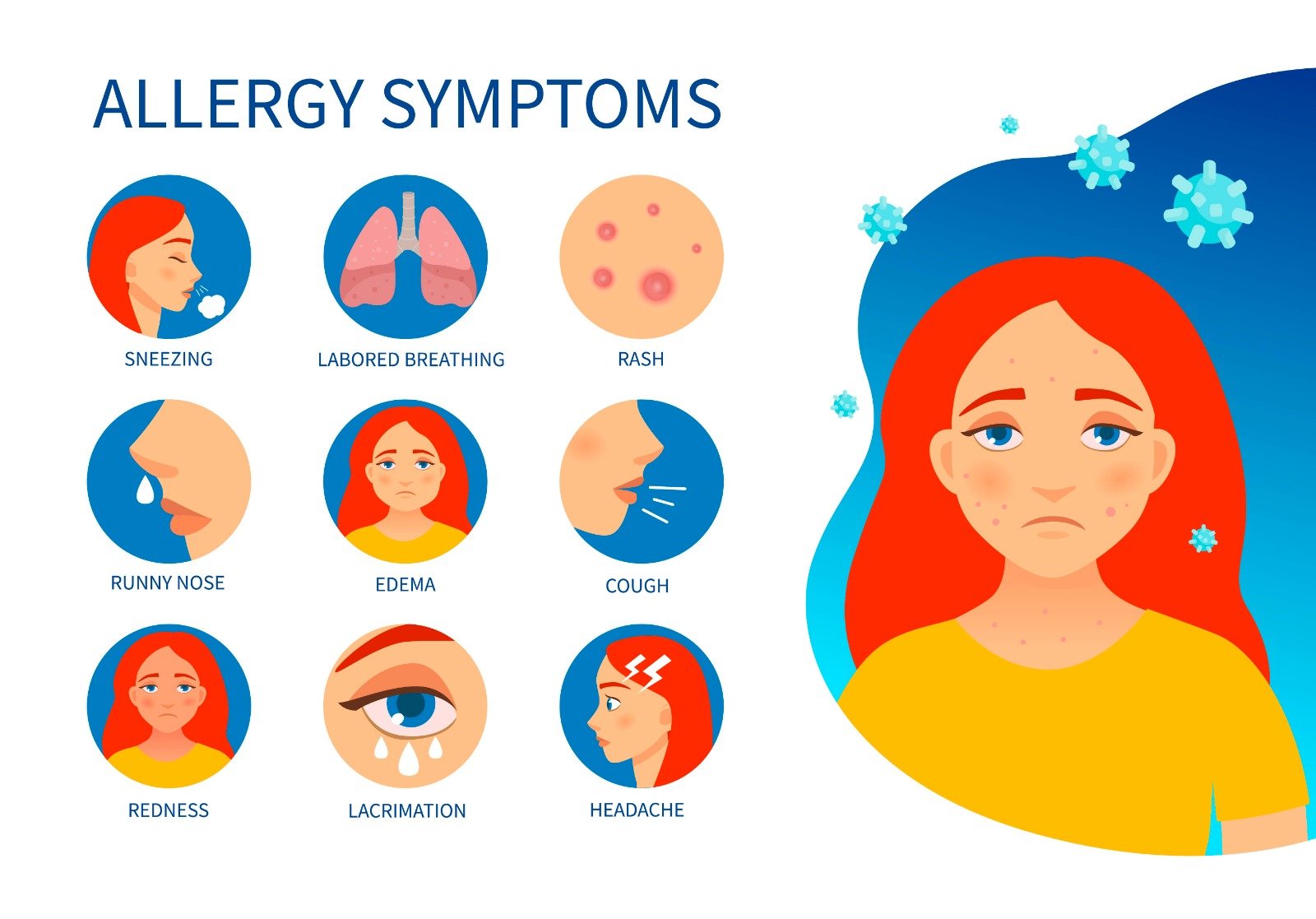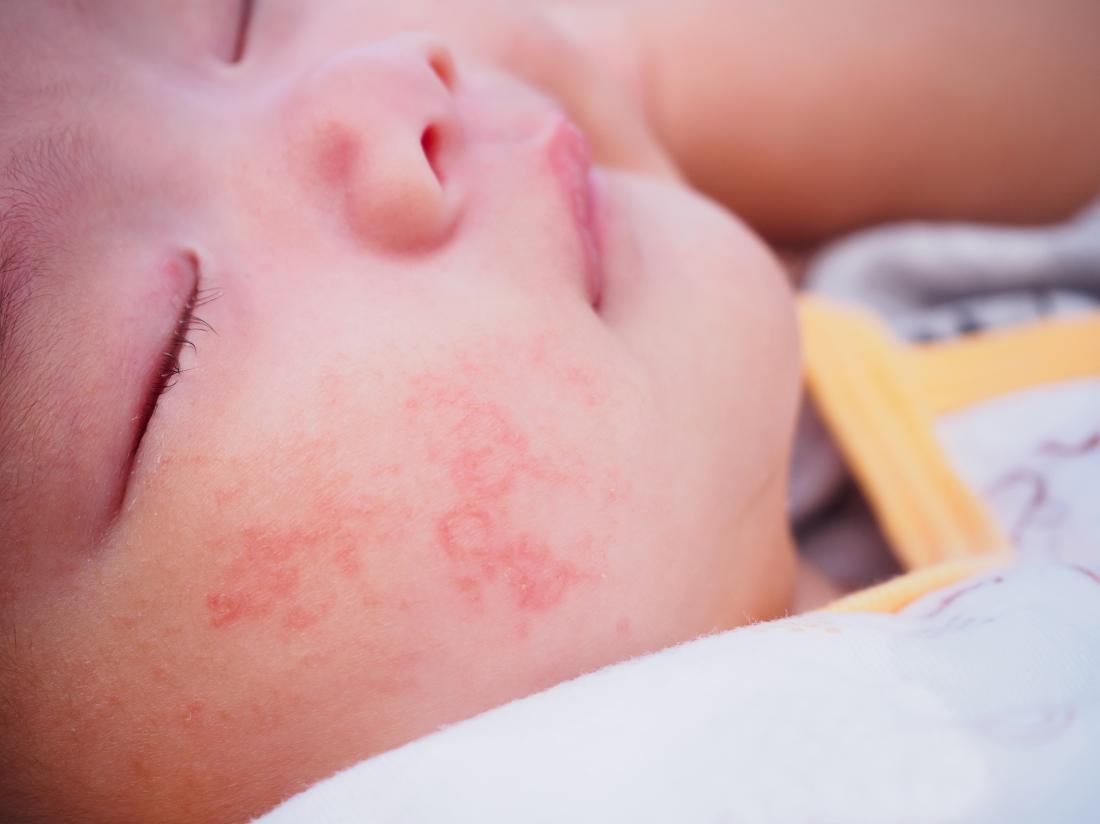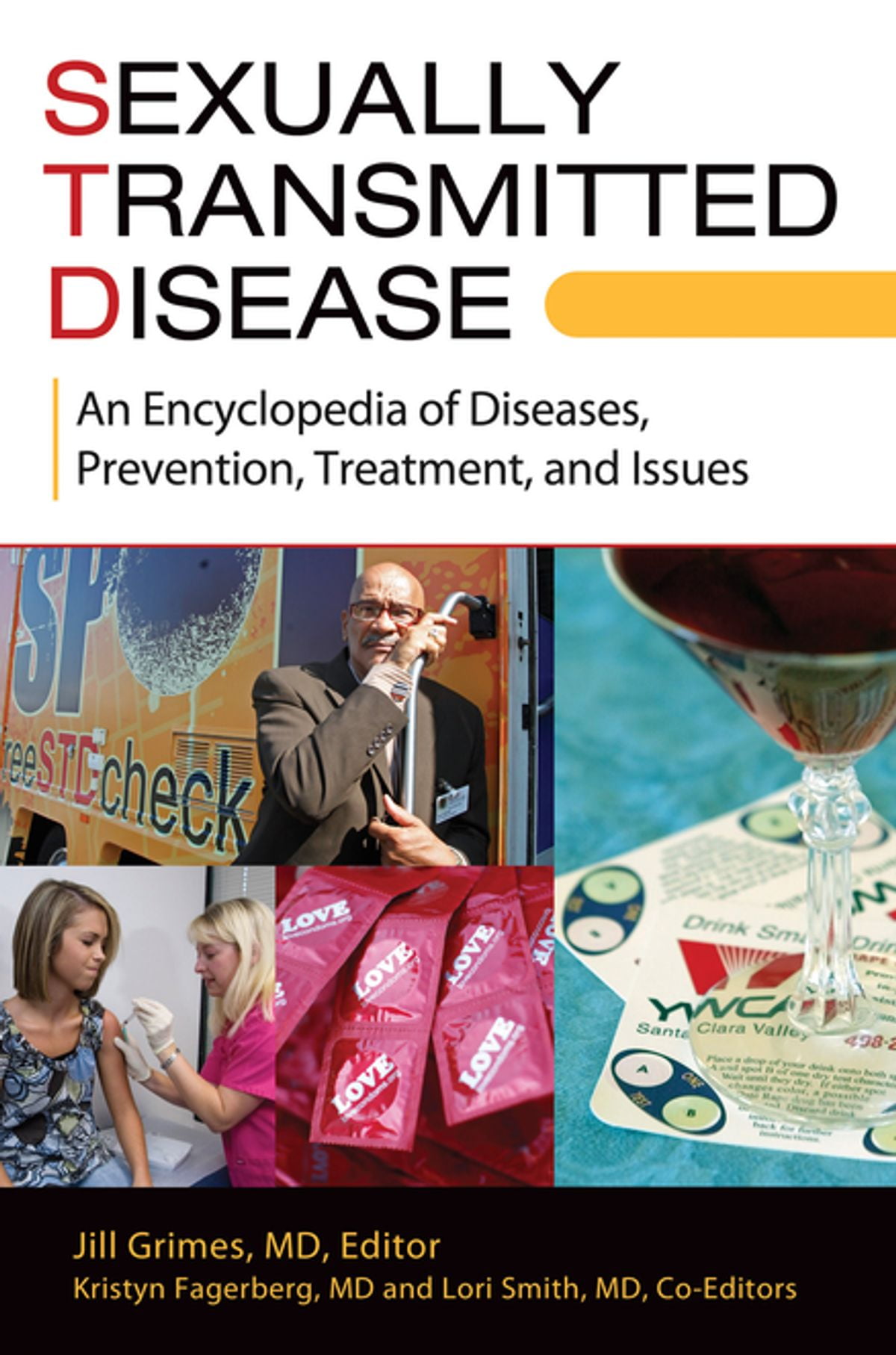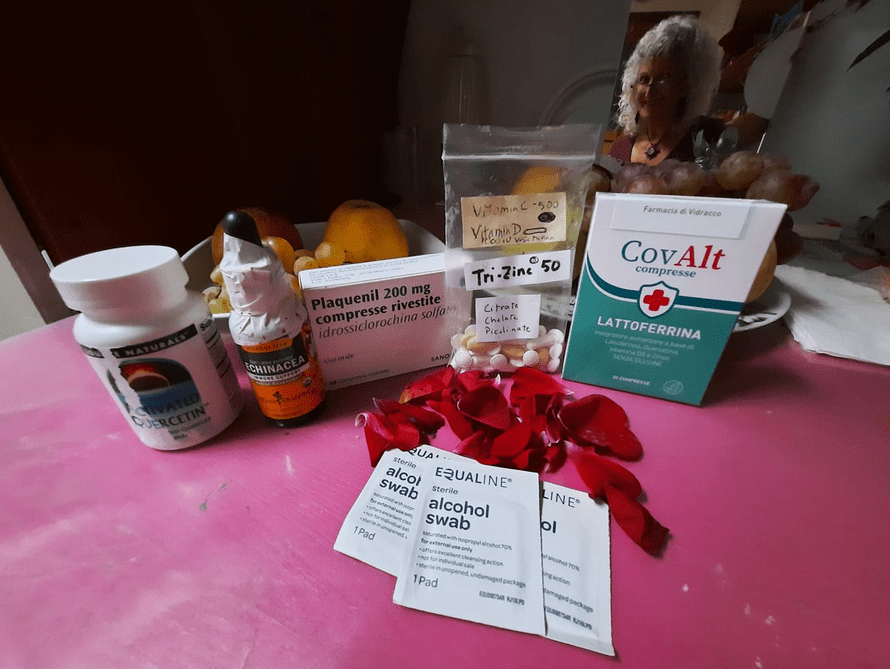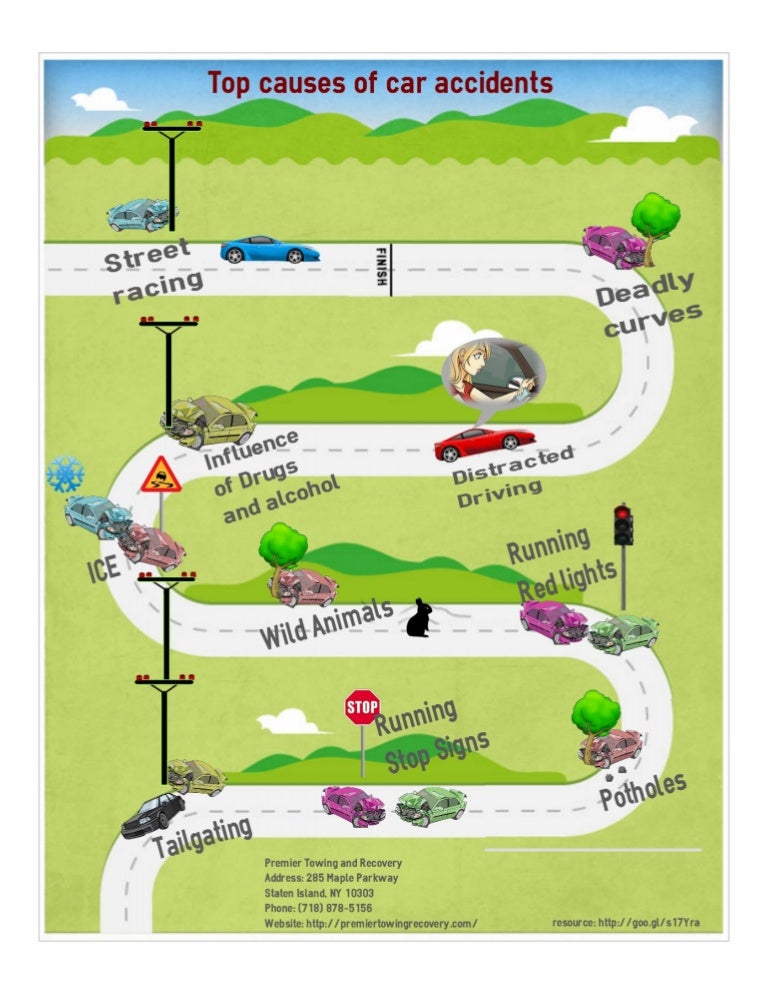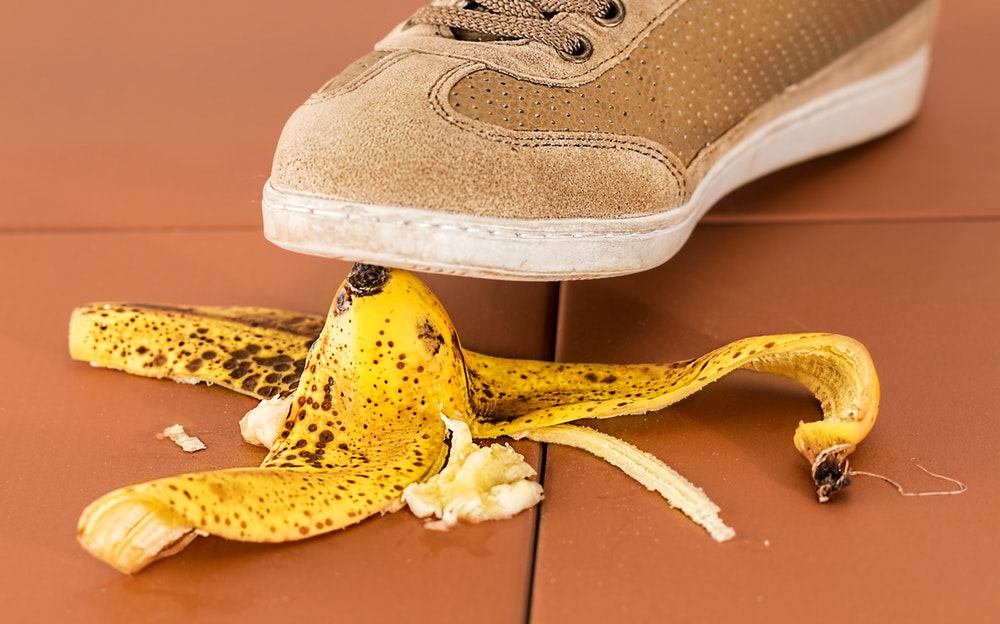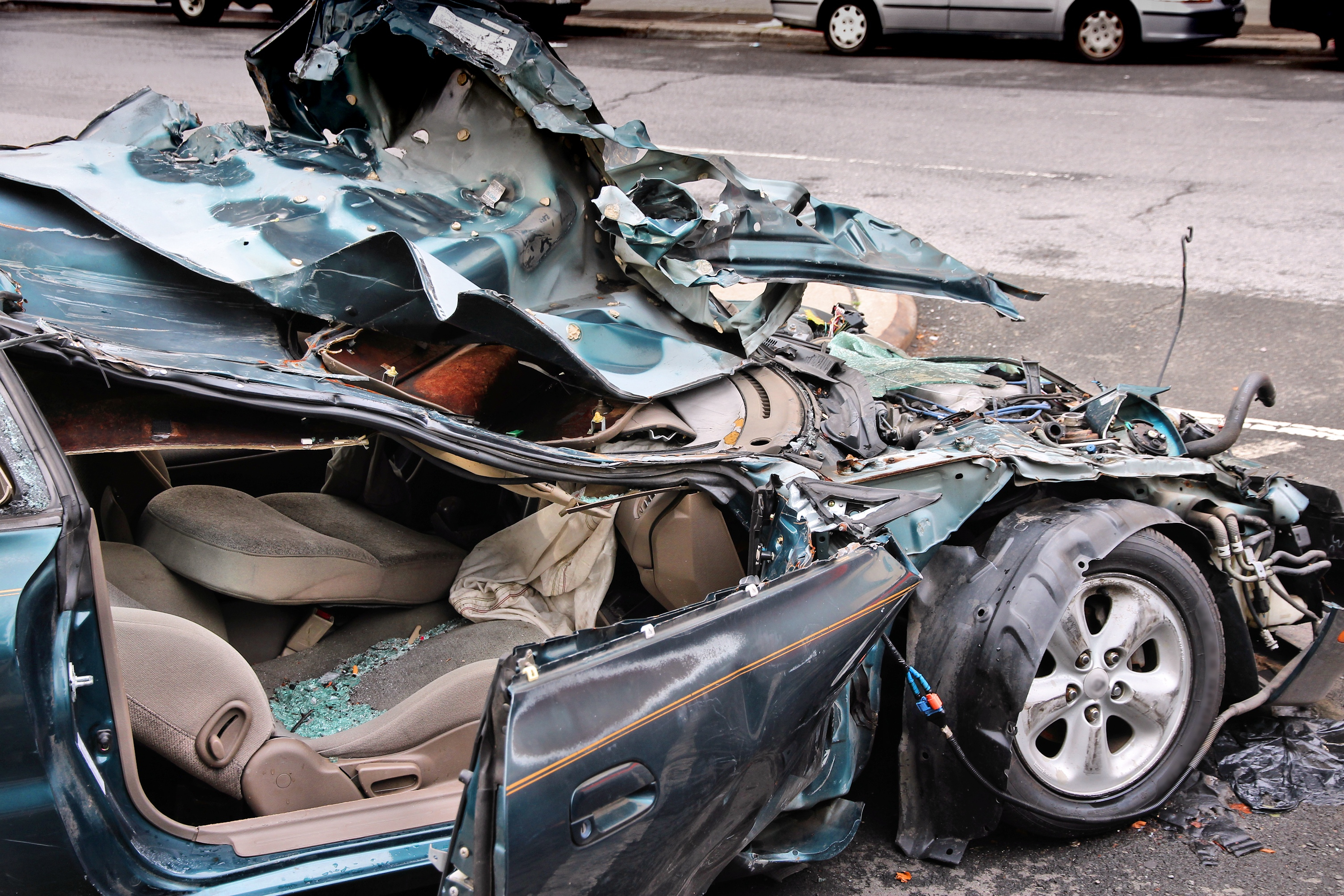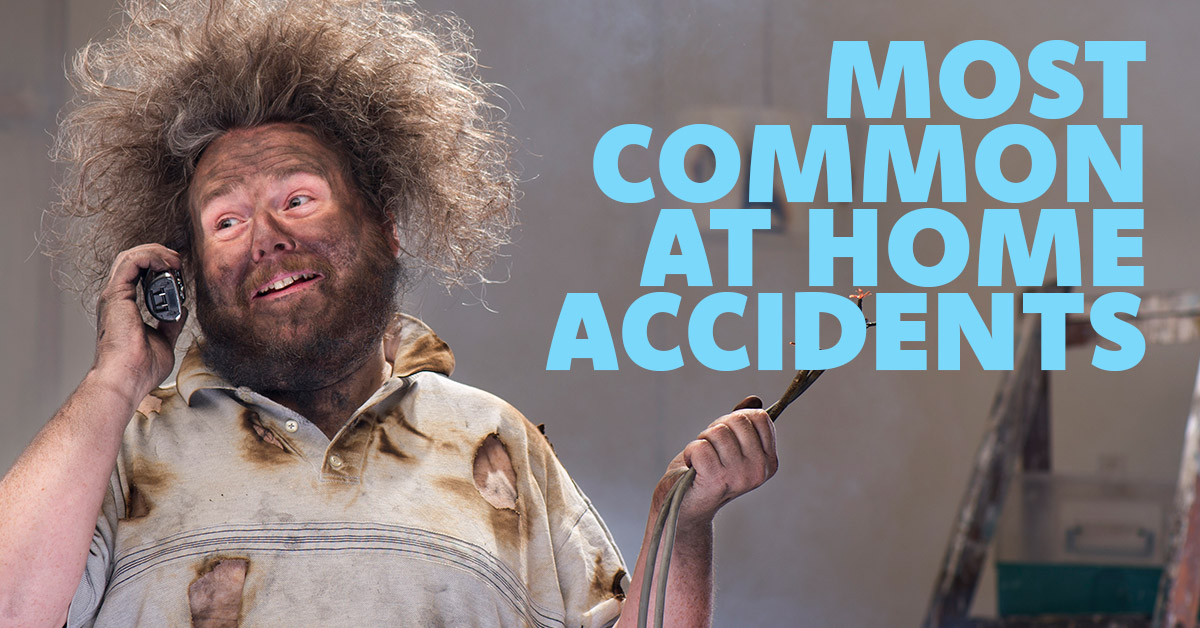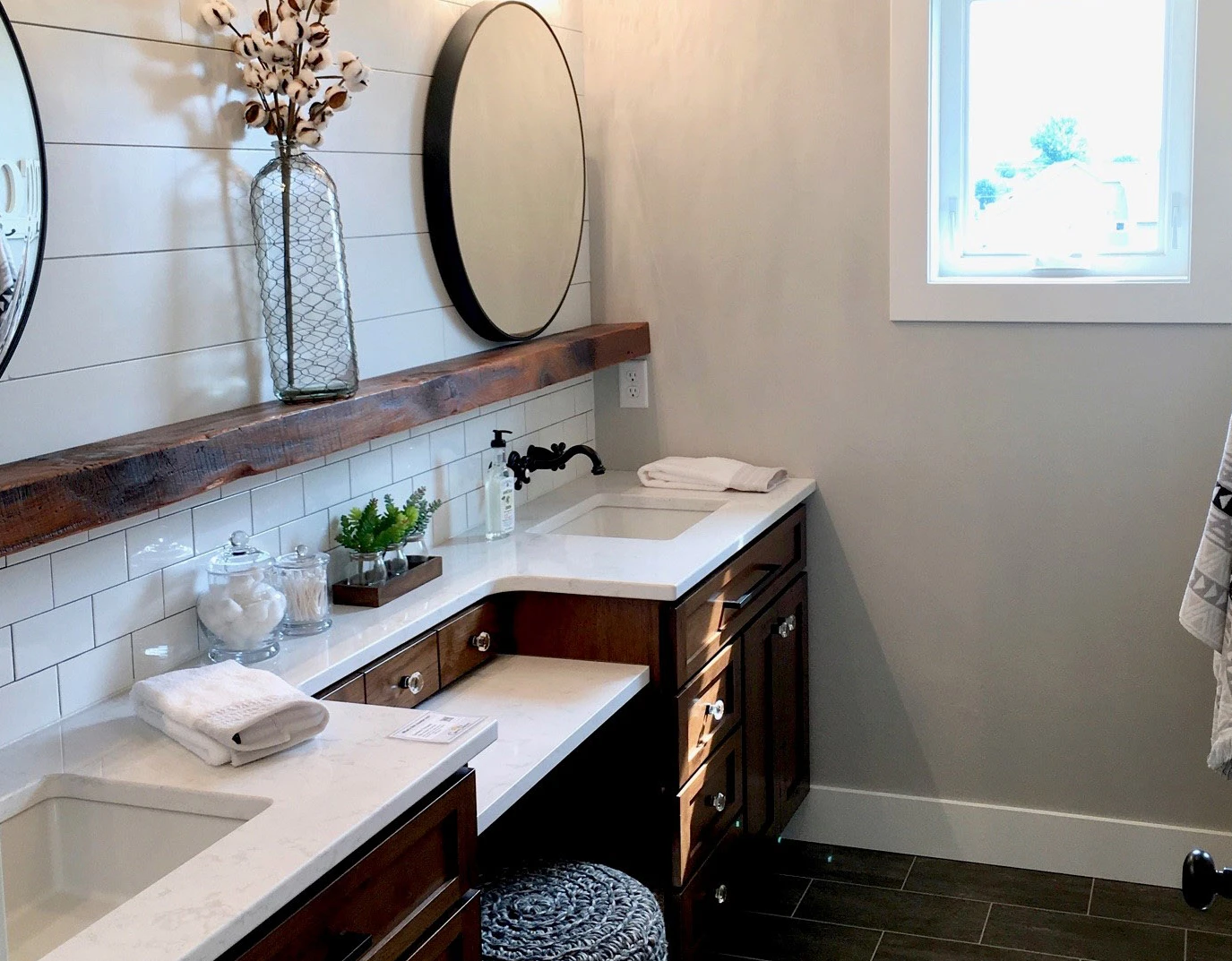Washing your baby in the kitchen sink may seem like a convenient option, but it can also pose a serious danger. The risk of drowning is one of the main concerns when it comes to bathing a baby in the kitchen sink. Babies can easily slip out of your hands and into the water, especially if they are not yet able to sit up on their own. This can happen in a matter of seconds and can lead to serious consequences. Therefore, it is important to always have a secure hold on your baby and never leave them unattended in the sink.1. Drowning
Another potential danger of washing a baby in the kitchen sink is the risk of burns. Hot water can easily scald a baby's delicate skin, causing serious injuries. It is important to always test the water temperature before placing your baby in the sink and to never leave them alone in the sink with the water running. Additionally, be cautious when using hot appliances such as a kettle or a toaster near the sink, as your baby's curious hands may reach out and touch them, resulting in burns.2. Burns
The smooth surface of the kitchen sink can be a slippery and unsafe place for a baby. They may easily slide and fall, leading to bumps, bruises, or even more serious injuries. It is crucial to always have a secure grip on your baby and to use a non-slip mat or towel in the sink to prevent them from slipping. Additionally, be mindful of any sharp objects or edges in the sink that may cause harm if your baby were to slip and hit them.3. Slipping
Kitchen sinks are often used for various purposes, such as washing dishes and preparing food, making them a breeding ground for bacteria. When you bathe your baby in the kitchen sink, you are exposing them to these harmful germs, which can potentially lead to infections and illnesses. It is important to thoroughly clean and disinfect the sink before and after bathing your baby to minimize the risk of bacteria exposure.4. Bacteria
The use of cleaning products and other chemicals in the kitchen sink can also pose a danger to your baby's health. These chemicals can irritate their sensitive skin and may even cause allergic reactions. It is important to be mindful of the products you use in the sink and to make sure they are safe for your baby. It is also a good idea to rinse the sink thoroughly with water after using any cleaning products.5. Chemicals
Babies are naturally curious and love to explore their surroundings. This can be dangerous when it comes to the kitchen sink, as they may reach for objects or pull on cords that can potentially cause injuries. To prevent this, make sure to keep any sharp or dangerous objects out of your baby's reach and to secure any cords or electrical appliances in the sink area.6. Injuries
Another risk of washing a baby in the kitchen sink is the potential for cross-contamination. If you use the same sponge or cloth to clean the sink and your baby's body, you could be transferring bacteria and germs onto their skin. It is important to use a separate sponge or cloth for your baby and to clean and disinfect it after each use.7. Contamination
The kitchen sink is also a common place for food allergens to be present, especially if it is used for food preparation. If your baby has any food allergies, it is important to be cautious when using the sink to bathe them. Make sure to thoroughly clean the sink and any utensils or surfaces that may have come into contact with the allergen to avoid any allergic reactions.8. Allergies
Babies have delicate and developing immune systems, which makes them more susceptible to infections. When you bathe them in the kitchen sink, you are exposing them to potential germs and bacteria that can cause infections. To minimize this risk, it is important to use lukewarm water, avoid harsh soaps and chemicals, and thoroughly dry your baby after their bath.9. Infections
Accidents can happen in the blink of an eye, especially when it comes to babies in the kitchen sink. They may grab onto something, slip, or even turn on the faucet, leading to potential injuries or even drowning. It is important to always keep a close eye on your baby and to never leave them unattended in the sink.10. Accidents
The Dangers of Washing Your Baby in the Kitchen Sink

Why the Kitchen Sink May Not Be the Safest Option
 When it comes to bathing your baby, the kitchen sink may seem like a convenient and easy choice. After all, it's right there in front of you and can easily fit your little one. However, the reality is that the kitchen sink may not be the safest option for washing your baby. In fact, it can pose several dangers that every parent should be aware of.
One of the biggest dangers of washing your baby in the kitchen sink is the risk of slips and falls.
The sink itself is not designed for bathing and does not provide the necessary support and stability for your baby. Without a proper grip or support, your baby can easily slip and fall, potentially leading to injuries such as bumps, bruises, or even head trauma.
When it comes to bathing your baby, the kitchen sink may seem like a convenient and easy choice. After all, it's right there in front of you and can easily fit your little one. However, the reality is that the kitchen sink may not be the safest option for washing your baby. In fact, it can pose several dangers that every parent should be aware of.
One of the biggest dangers of washing your baby in the kitchen sink is the risk of slips and falls.
The sink itself is not designed for bathing and does not provide the necessary support and stability for your baby. Without a proper grip or support, your baby can easily slip and fall, potentially leading to injuries such as bumps, bruises, or even head trauma.
The Risk of Contamination
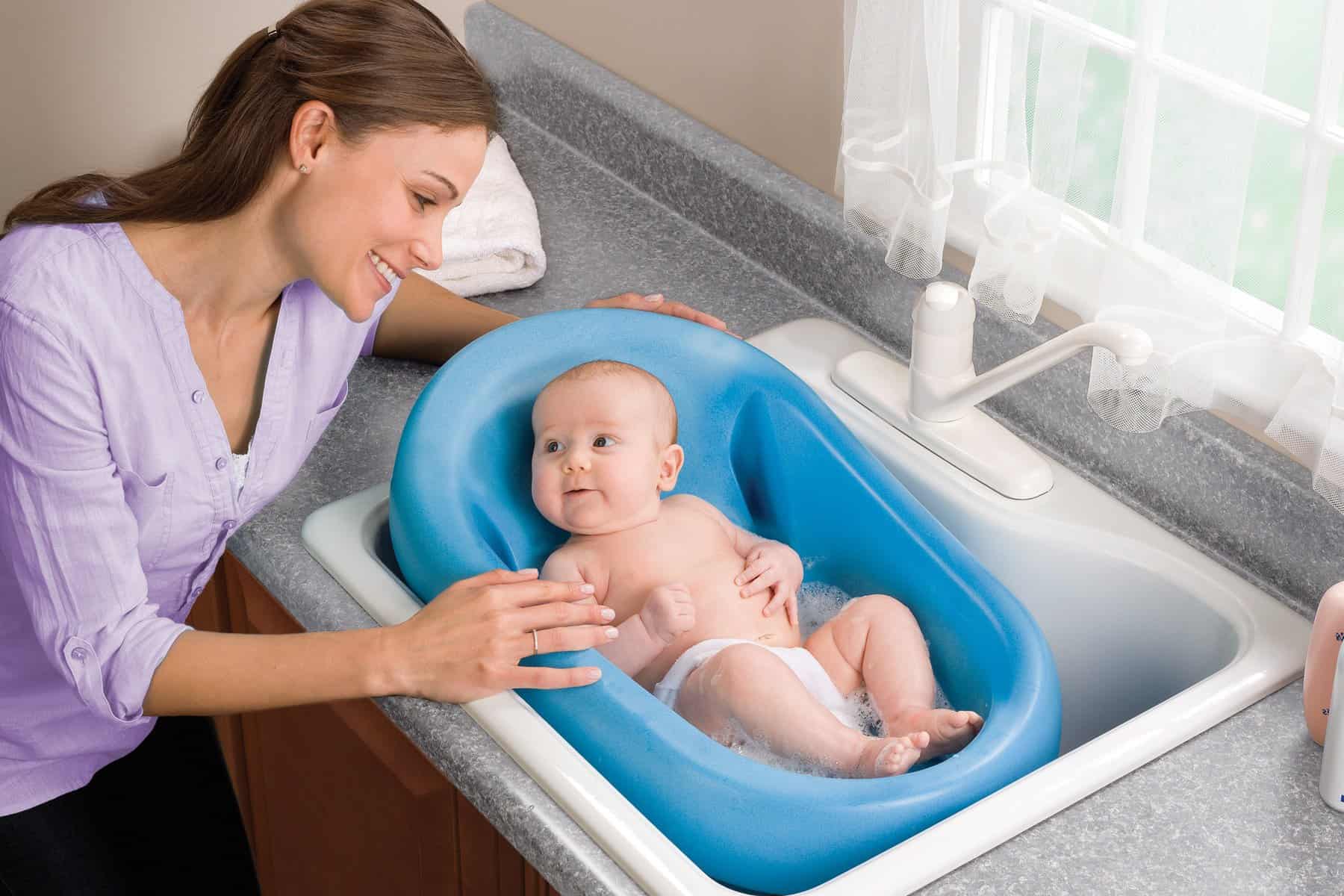 Another danger of using the kitchen sink to wash your baby is the risk of contamination.
The kitchen sink is often used for washing dishes and may harbor bacteria and germs that can be harmful to your baby's delicate skin.
Even if you clean the sink before using it to bathe your baby, there is still a chance of cross-contamination from food particles or residue that may be left behind.
Another danger of using the kitchen sink to wash your baby is the risk of contamination.
The kitchen sink is often used for washing dishes and may harbor bacteria and germs that can be harmful to your baby's delicate skin.
Even if you clean the sink before using it to bathe your baby, there is still a chance of cross-contamination from food particles or residue that may be left behind.
Hot Water Hazards
 Additionally,
the kitchen sink may not provide a safe temperature for your baby's sensitive skin.
While adults may be able to withstand hot water, babies have much more delicate skin that can easily be burned or scalded by water that may feel comfortable to adults. This is especially true if the sink has a single faucet that may not offer temperature control. The risk of burns and scalds is even greater if your baby is able to turn on the hot water by themselves.
Additionally,
the kitchen sink may not provide a safe temperature for your baby's sensitive skin.
While adults may be able to withstand hot water, babies have much more delicate skin that can easily be burned or scalded by water that may feel comfortable to adults. This is especially true if the sink has a single faucet that may not offer temperature control. The risk of burns and scalds is even greater if your baby is able to turn on the hot water by themselves.
The Importance of a Proper Baby Bathing Area
 To ensure the safety and well-being of your baby, it is important to have a designated area for bathing that is specifically designed for their needs.
A baby bathtub or a bath seat placed in a regular bathtub can provide the necessary support and stability to prevent slips and falls.
Additionally, using a separate bathing area can also reduce the risk of contamination and provide a controlled water temperature for your baby's comfort.
In conclusion, while the kitchen sink may seem like a convenient option for washing your baby, it can pose several dangers that every parent should be aware of.
By providing a designated and safe bathing area for your baby, you can ensure their well-being and make bath time a safe and enjoyable experience for both you and your little one.
To ensure the safety and well-being of your baby, it is important to have a designated area for bathing that is specifically designed for their needs.
A baby bathtub or a bath seat placed in a regular bathtub can provide the necessary support and stability to prevent slips and falls.
Additionally, using a separate bathing area can also reduce the risk of contamination and provide a controlled water temperature for your baby's comfort.
In conclusion, while the kitchen sink may seem like a convenient option for washing your baby, it can pose several dangers that every parent should be aware of.
By providing a designated and safe bathing area for your baby, you can ensure their well-being and make bath time a safe and enjoyable experience for both you and your little one.



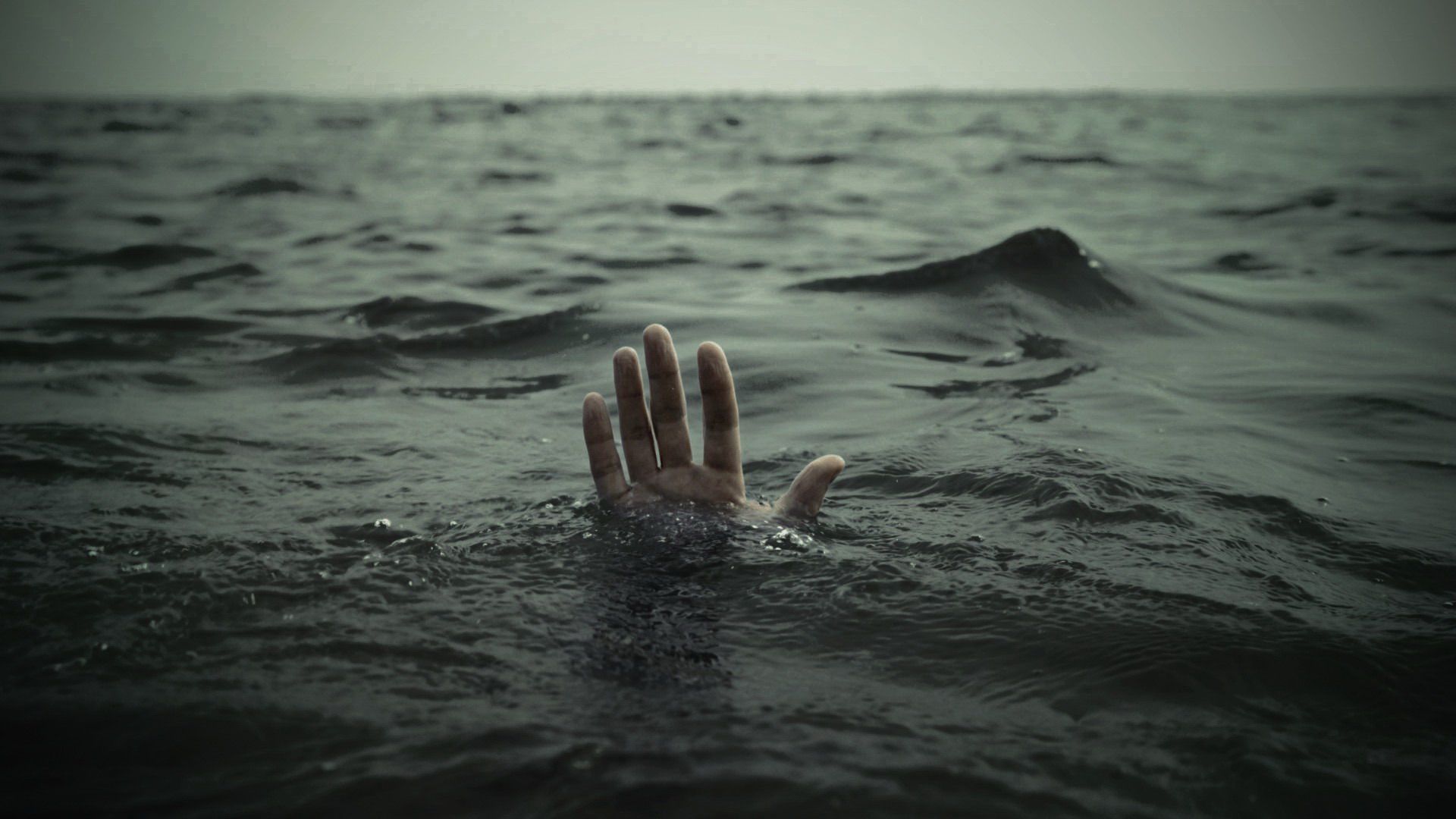




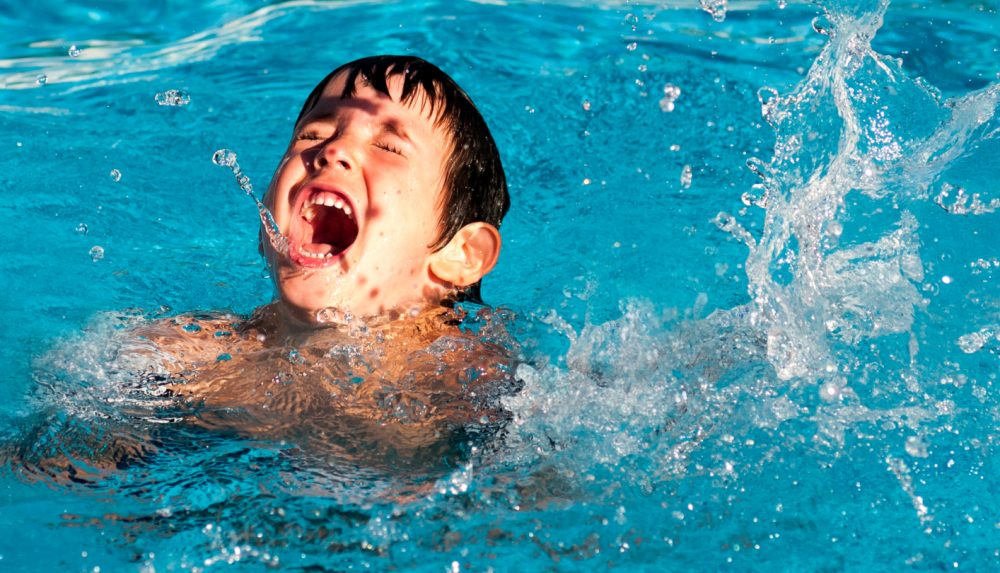

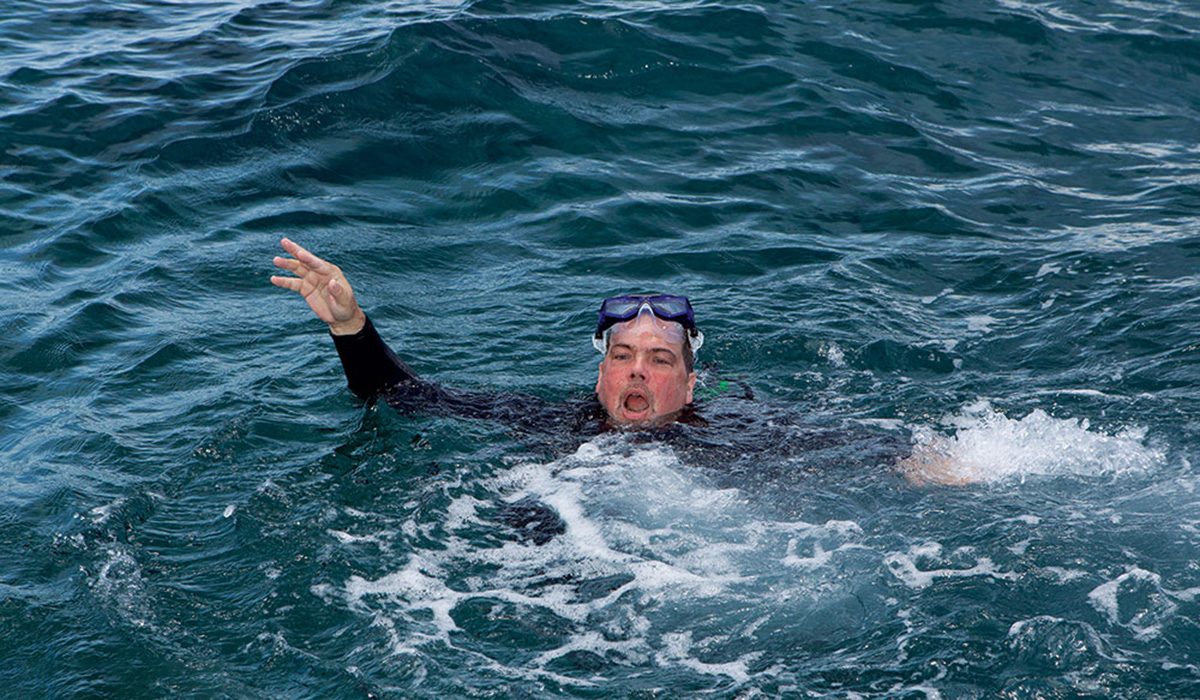

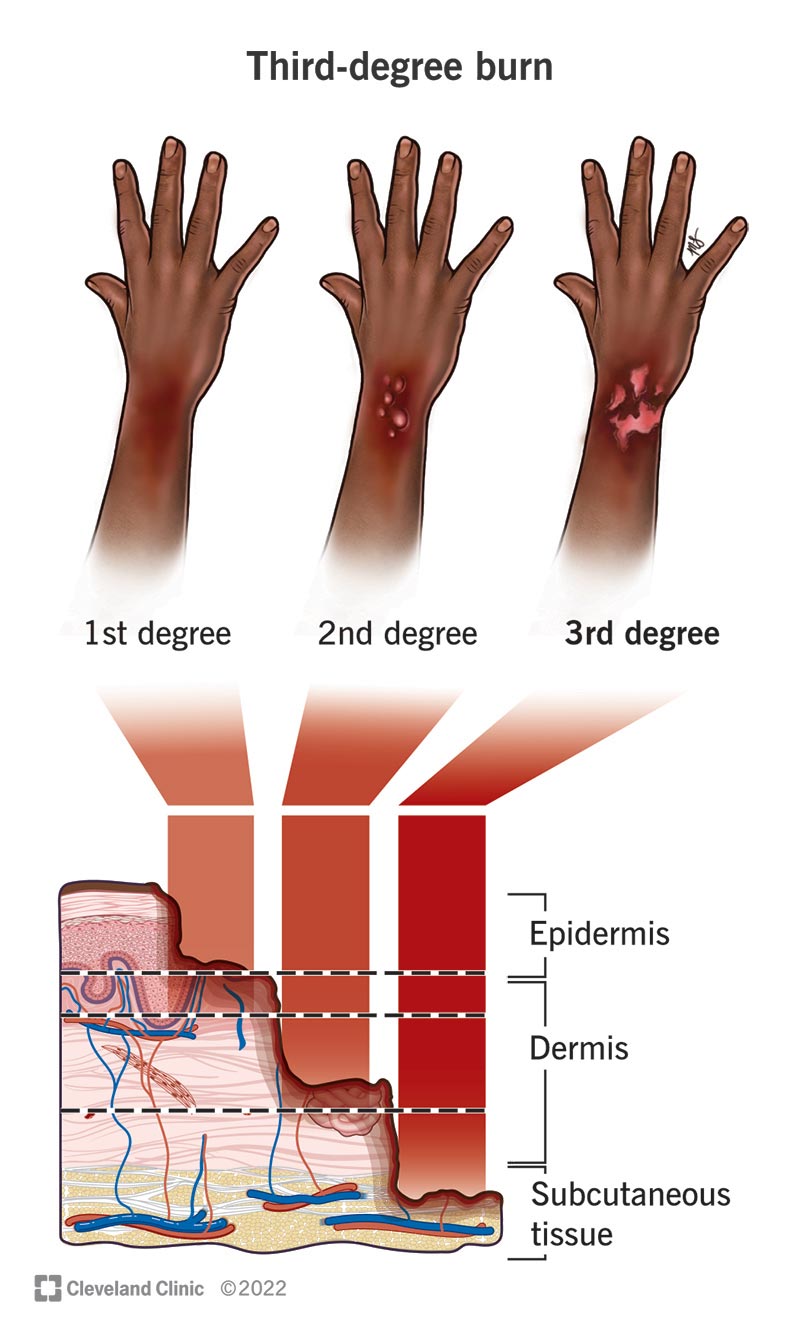


:max_bytes(150000):strip_icc()/20130803-094920-11-56a2f5665f9b58b7d0cfdf4d.jpg)
/degrees-of-burns-1298906_v2-b34a363d24824c8b935448fe774a753d.png)
